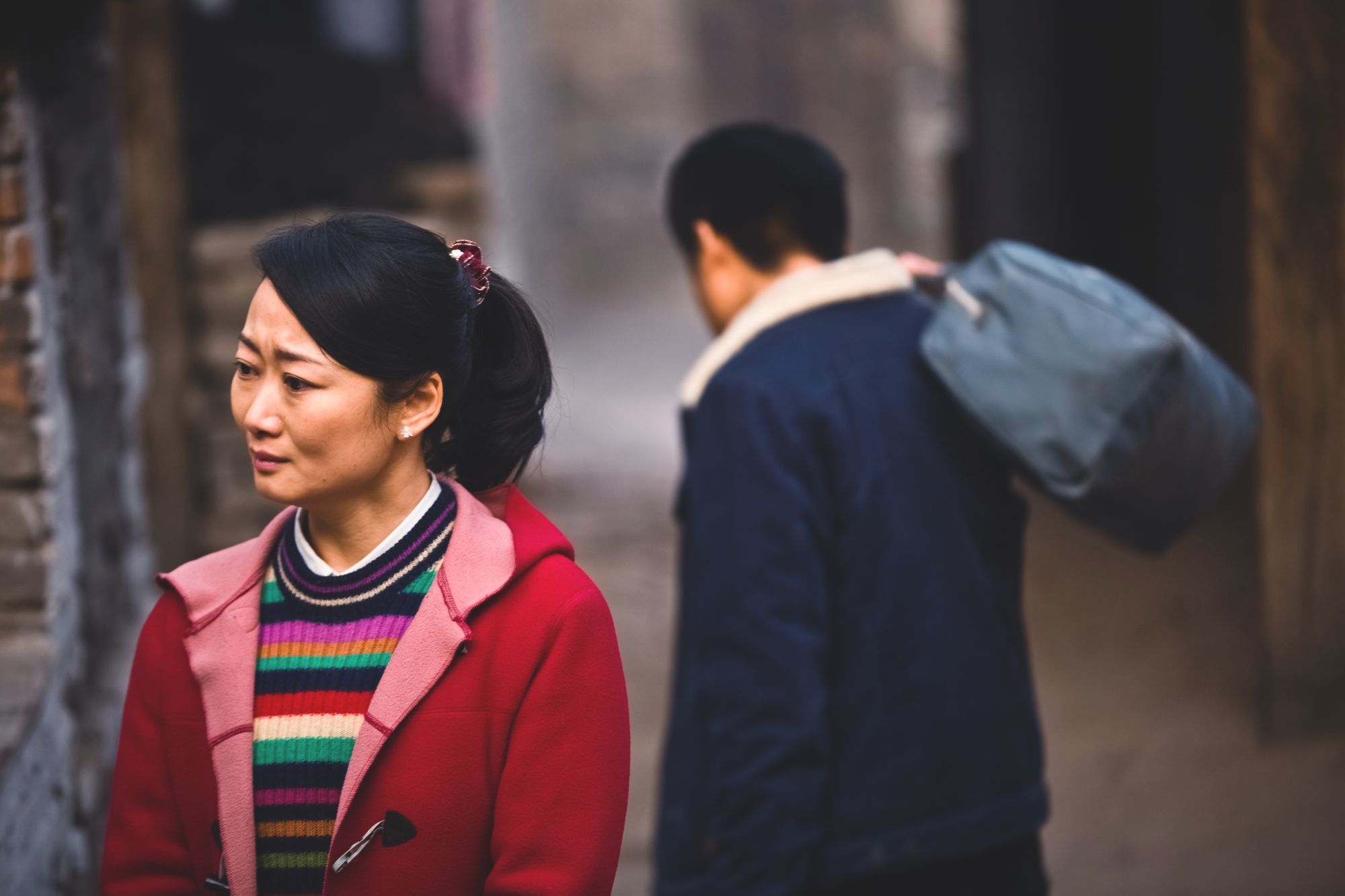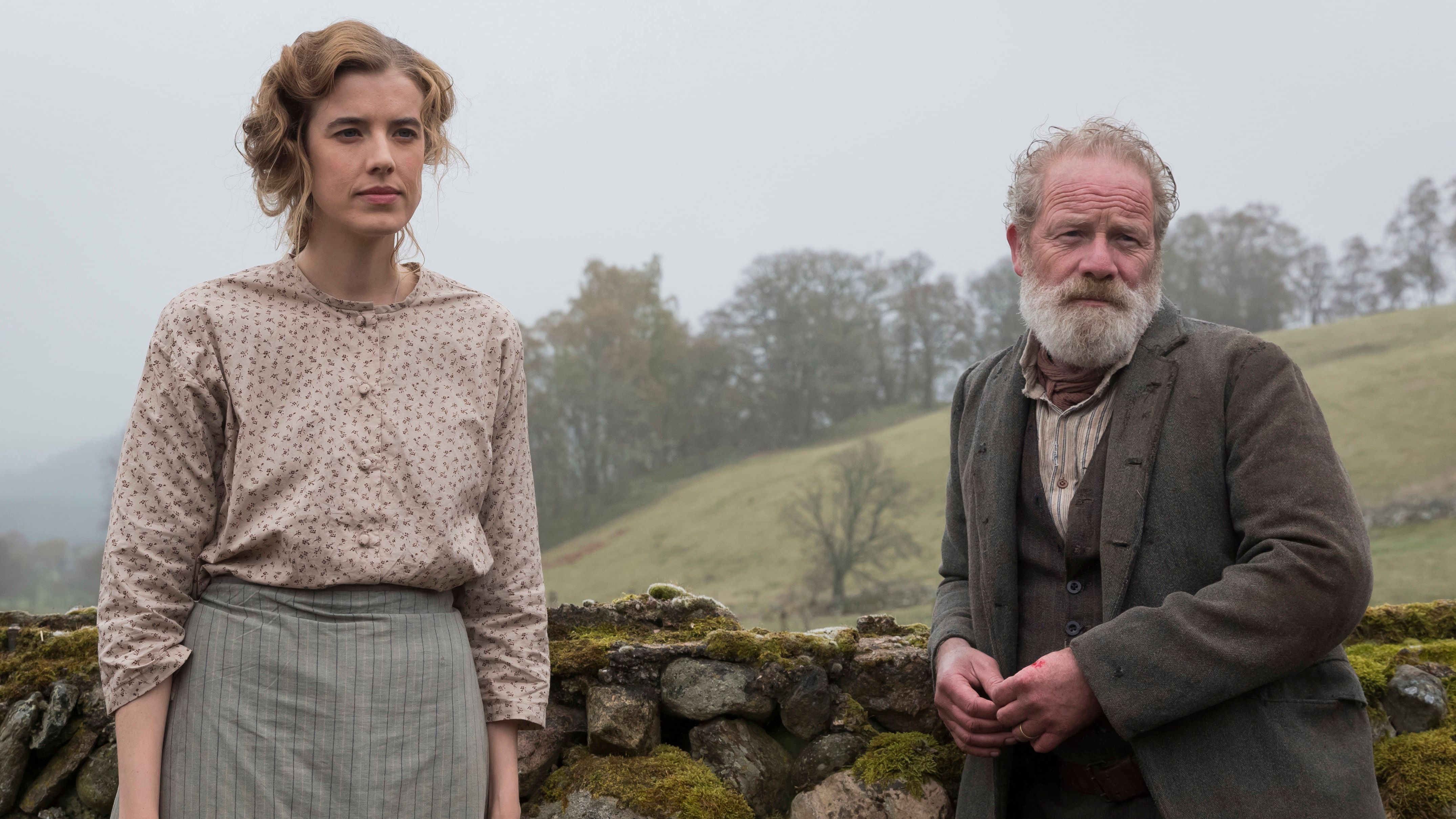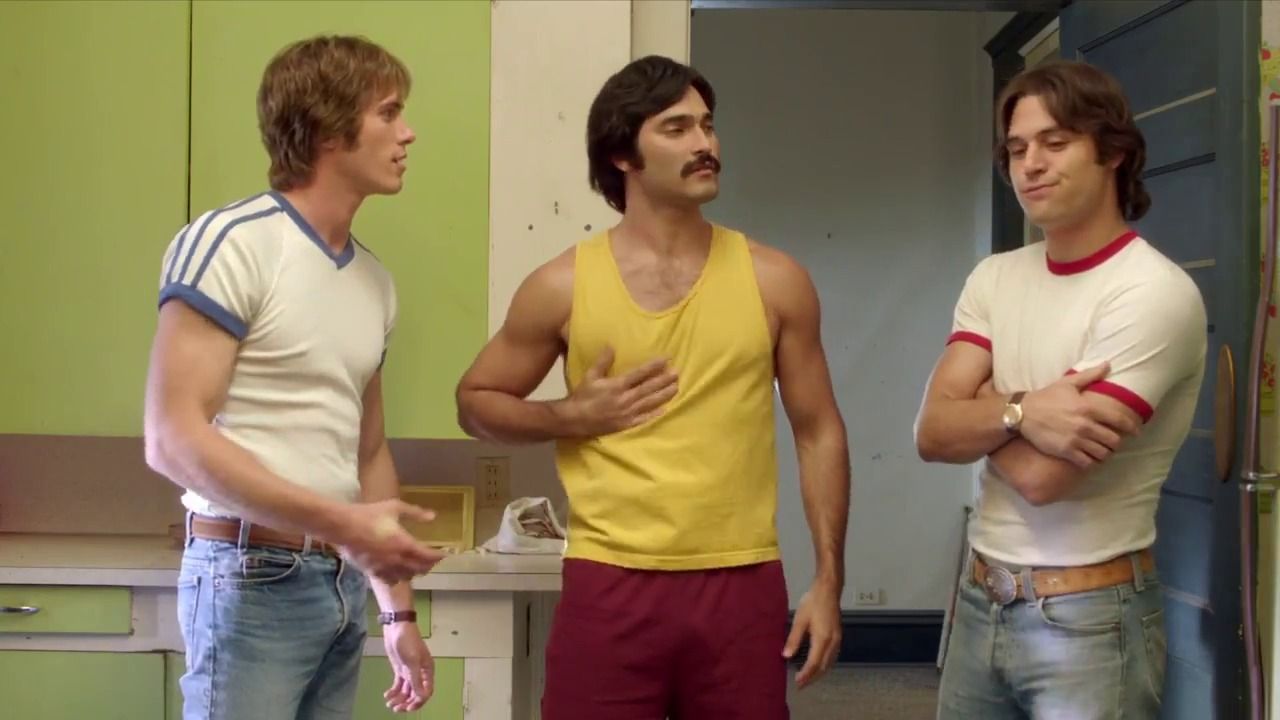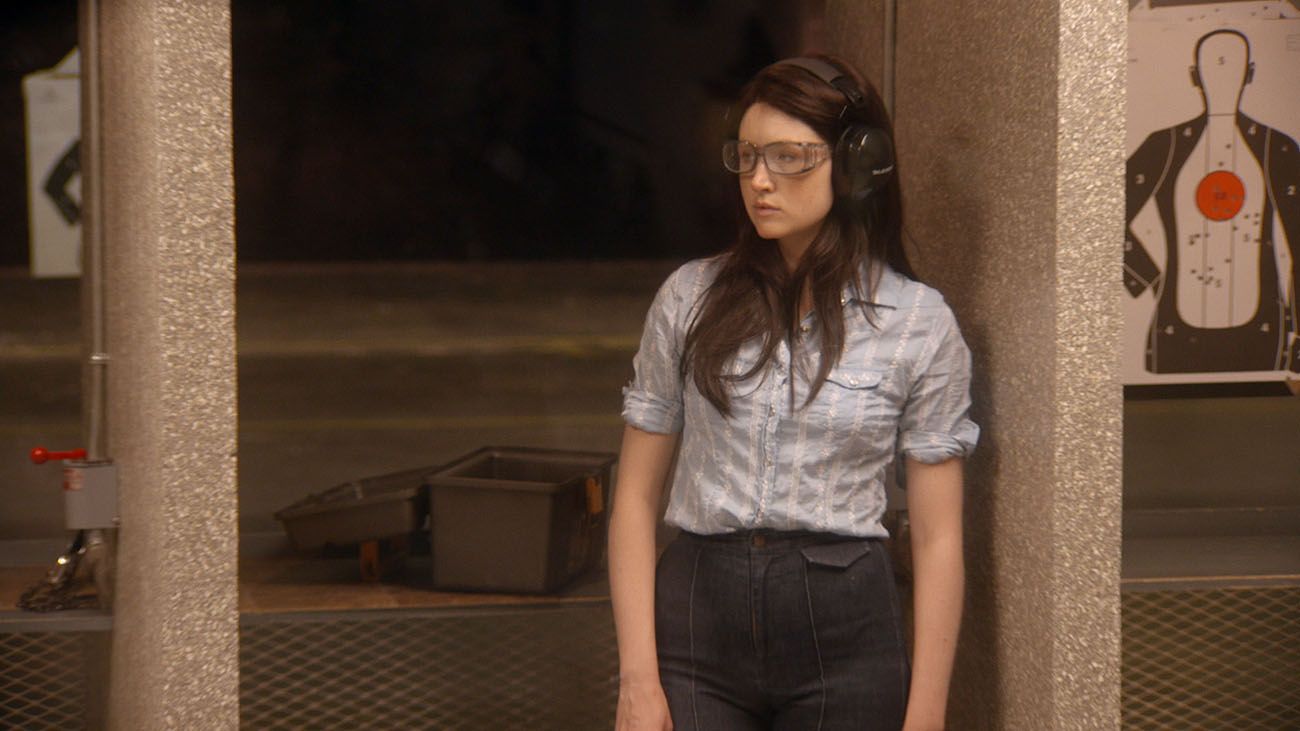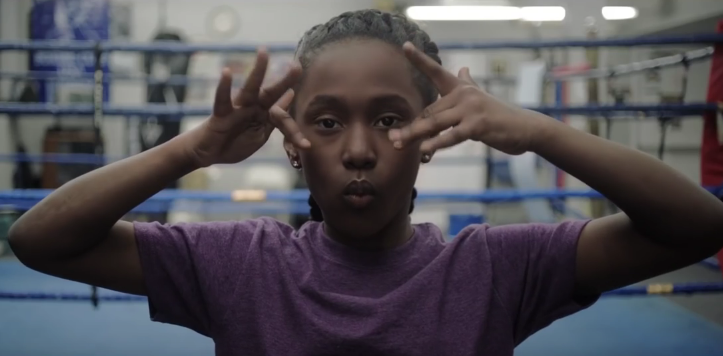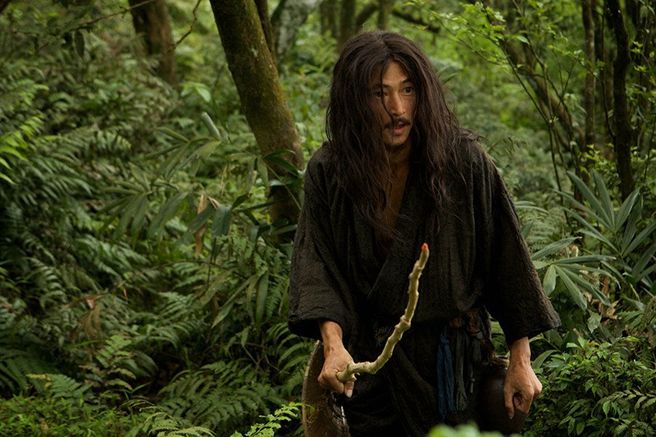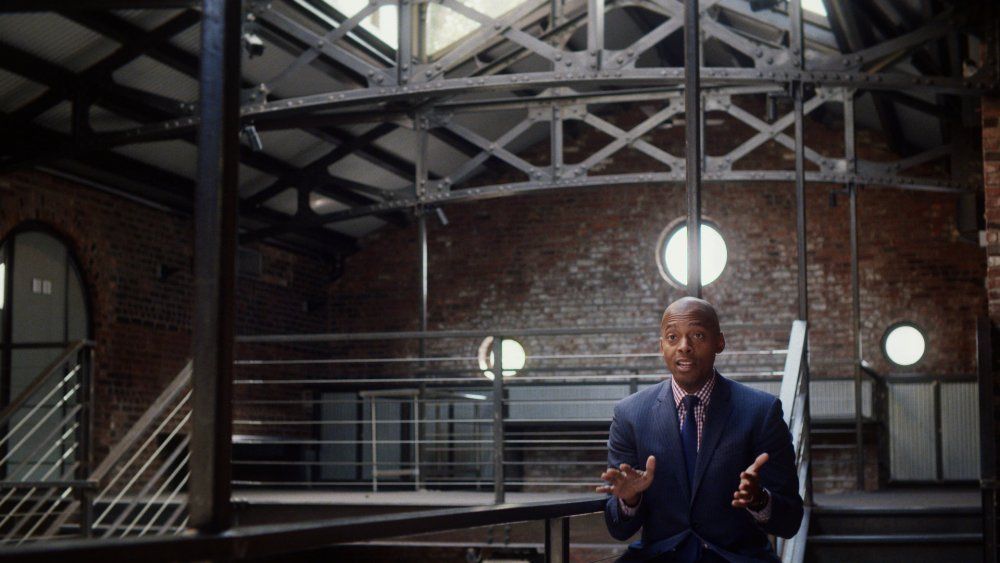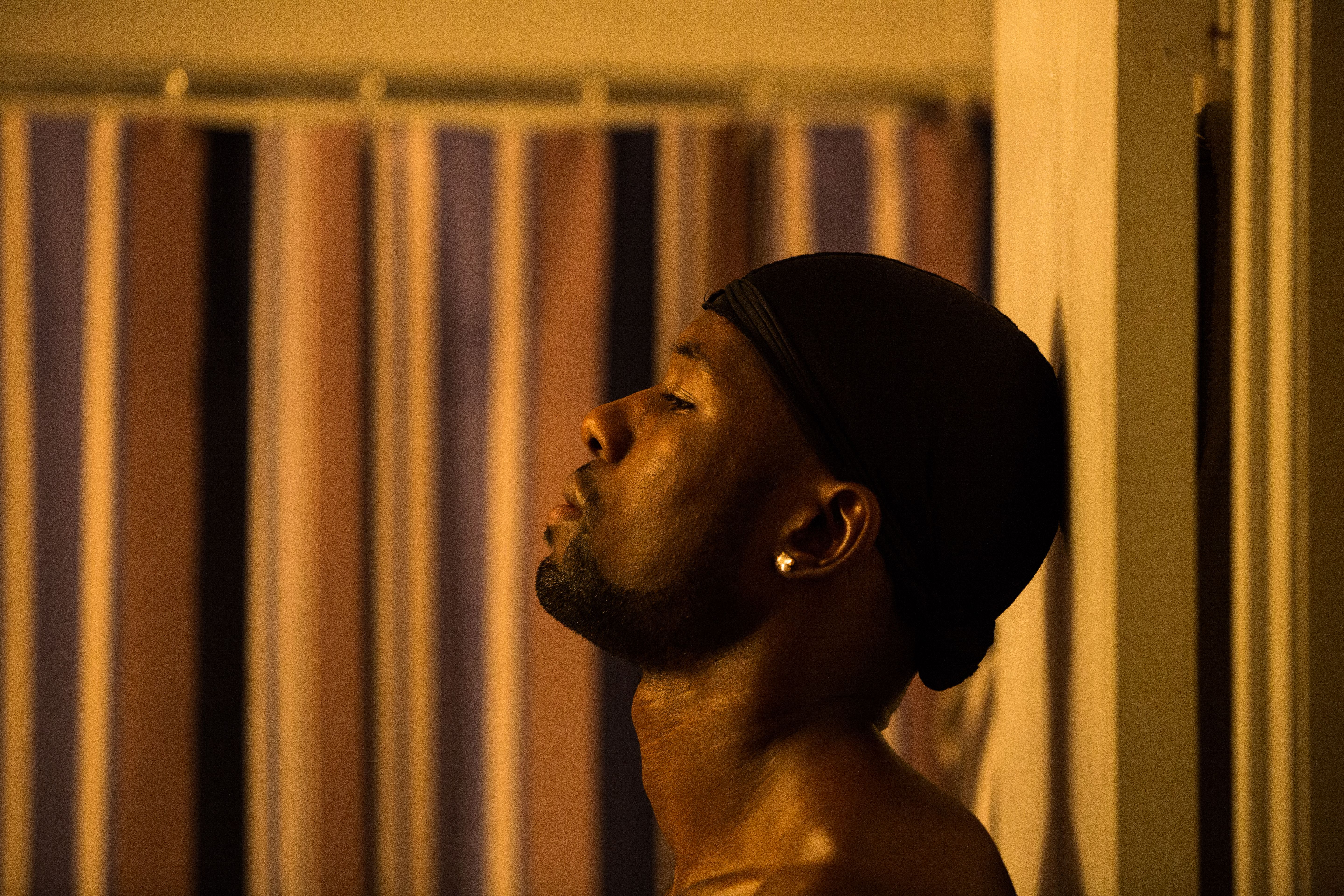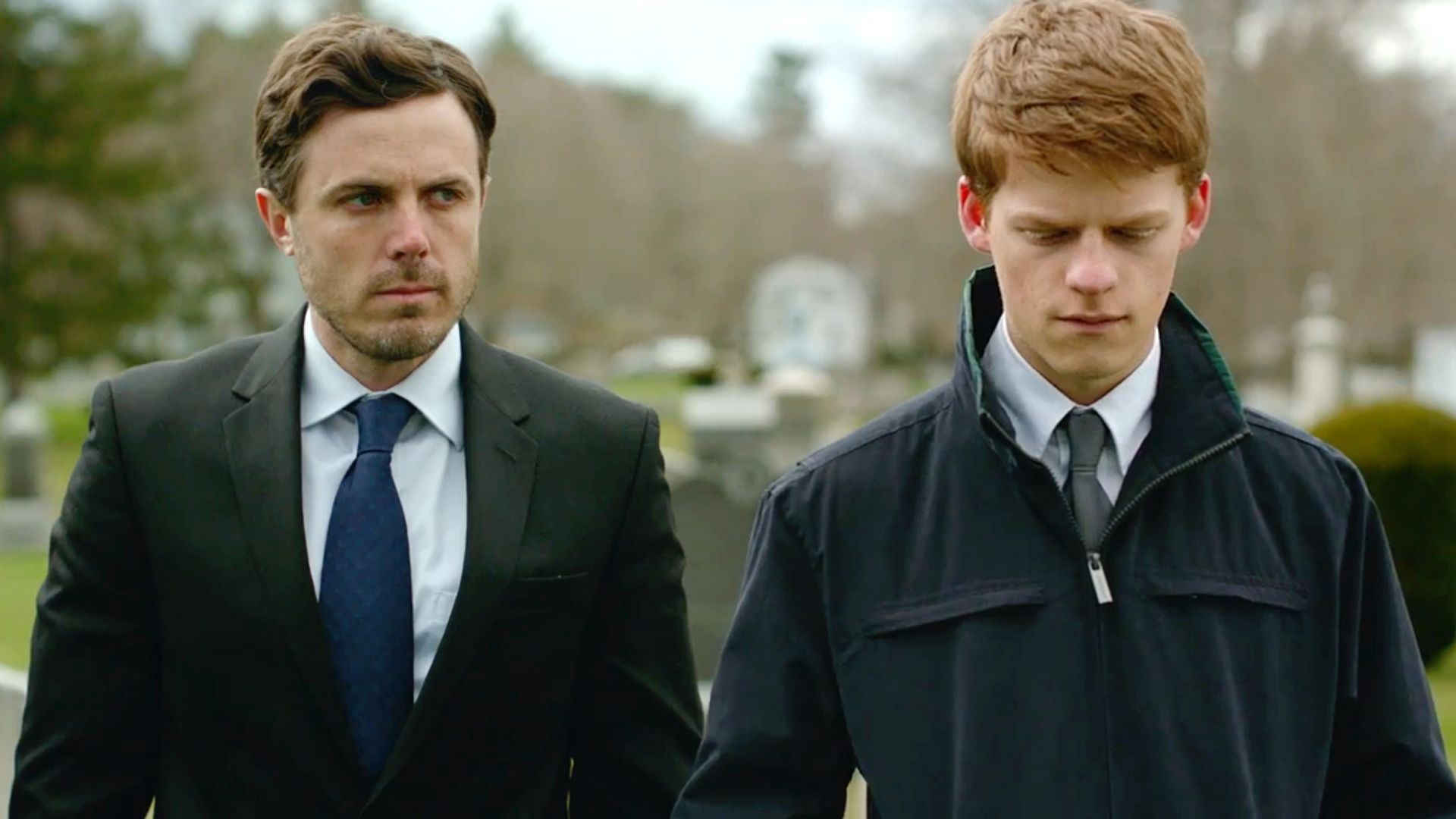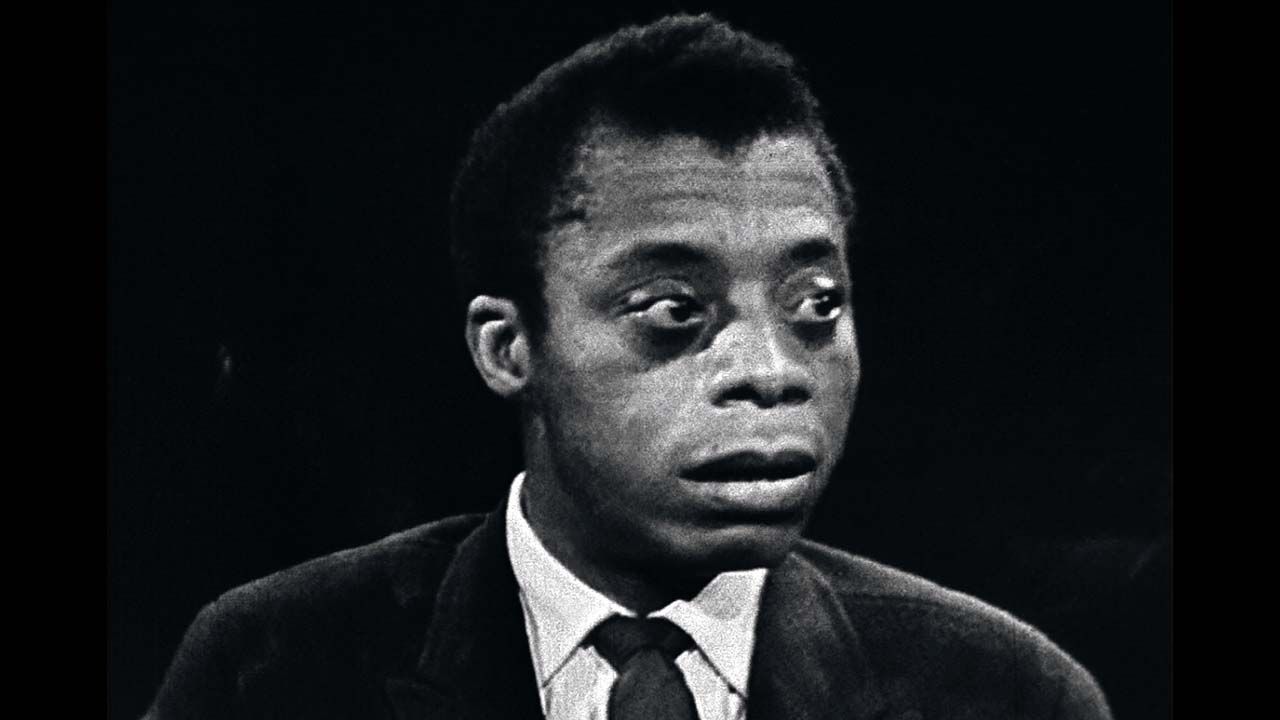The best movies of 2016, like any other year, were movies that seemingly had to be released in this year, either because of their political implications or their mark of personal, intimate artistry. In the very best movies of the recent years – The Wolf of Wall Street, This is Not a Film, A Touch of Sin, Margaret, Like Someone in Love, and To the Wonder, to name just a few – marry those two elements and 2016 certainly wasn’t light on film’s of that caliber. In a better world, Moonlight would be screened, 24/7, in the main hall of the Louvre; anyone fascinated in the Chinese economy and the social structure in that country would have a field day picking at the ideas that drive Mountains May Depart. Would any other year have produced not one (13th), not two (I Am Not Your Negro), but three (O.J.: Made in America) staggeringly thoughtful and emotionally devastating works focused on the black American experience? I doubt it, and they were all released in theaters, although in inarguable, unfortunate limited runs. Still, even in 2010, this would sound like a tall order.
I saw about 220 new releases this year, including a few magnificent releases slated for release next year – Terence Davies’ A Quiet Passion and James Gray’s The Lost City of Z will both almost certainly be on my 2017 top ten – and in reality, there were well over 70 very good to great movies released amongst those 220. That’s why you’ll see an excess of honorable mentions at the bottom of this list, but the top ten deserve especial attention as works of liberating artistic vision and incalculable emotional depth.
Related: The 25 Best Movies of 2017
10) 'Mountains May Depart'
The latest from Jia Zhang-ke, China’s pre-eminent auteur, looks to the future of his increasingly capitalistic country through the eyes of a woman, a housewife named Tao played by Zhang-ke’s partner and axiom Zhao Tao. Like Moonlight, the film shows three episodes in the life of Tao and her son, Dollar, starting in the late 90s and reaching out to the next decade. Where Barry Jenkins’ masterpiece goes intimate, Zhang-ke goes big, writing the history of China’s push from communism to capitalism in Tao’s evolution from a young shop owner to a wealthy wife to a forgotten divorcee. As a melodrama, the movie is moving, wildly inventive, and packed with acute observations about both the nation of China and its people, and Zhang-ke is surpassingly attentive to the psychological underpinnings of each character and each revelation of story. In the final section, set in 2025, the filmmaker sees a cold but undeniably progressive society at work, one that enjoys the new comforts and capabilities of the time but which is seemingly unable to break away from the world that might have been.
9) 'Sunset Song'
Another exquisite, tough-minded exploration of memory and history through the gaze of a powerful woman by the master Terence Davies. Adapted from Lewis Grassic Gibbon’s novel, Sunset Song focuses on Agyness Deyn’s Chris Guthrie, a young, intelligent woman who begins to look after the family farm after her parents pass in early 20th century Scotland. The surroundings are bucolic and vast and Davies, who also wrote the screenplay, uses the scenery as a reflection of the rocky inner terrain of his heroine. The director also, once again, confronts love in the time of war, like with his devastating The Deep Blue Sea, in the marriage that Chris embarks on with Ewan, played by Kevin Guthrie. In showing the violent temperament that World War I awakes both nationally and personally, the director makes a direct connection between the mood and purpose of a country and the everyday feelings of its long-suffering populace.
8) 'Everybody Wants Some!!'
In a year of unending sadness, Richard Linklater did his duty and delivered a blast of good times with this “spiritual sequel” to Dazed and Confused. And as with that classic, the production design, set decoration, wardrobe, and dialogue all convey the feeling of college in the early 1980s with surpassing confidence and a hard-earned warmth. It’s easily one of Linklater’s funniest movies to date as well, thanks to a superb cast that includes Tyler Hoechlin, Blake Jenner, Wyatt Russell, Glen Powell, and Zoey Deutch, and the film’s focus on their physicality is important to the film’s ruminative backbone. The physical pleasures and practice of sports and sex does not necessarily point towards mental dimness, but there is a point where charm and good looks must be transcended with something more thoughtful and universally human. That seems to be Linklater’s mantra in all his movies, but with Everybody Wants Some!!, he’s seemingly distilled it down to the feeling of an artistic manifesto of sorts.
7) 'Kate Plays Christine'
Why would you ever want to dramatize the life of a person who decided to kill themselves on television? What is there to be gained or expressed in such an action? That’s the central question of Robert Greene’s hypnotic third documentary, in which the actress Kate Lyn Sheil prepares to play the infamous Christine Chubbuck, who shot herself in the head on air in 1974. Much of the film concerns Sheil researching the role, talking out her process in front of Greene’s camera, and ultimately preparing to play the role for him, which may not sound like much at first. Incrementally, however, Sheil and Greene reveal rupturing truths about the director-actor relationship, the myriad moral and personal considerations that a responsible performer must go over, and performance as an inherently social act. As with his last film, the excellent Actress, Greene proves himself to be astonishing, probing craftsman of documentaries that feel like confessions, and performances that feel intimately self-explorative.
6) 'The Fits'
Anna Rose Holmer’s astonishing debut is, in effect, an afterschool special in its story beats. Royalty Hightower’s 11-year-old Toni goes from sparring in the boxing ring with her teenaged brother to trying out with the local, prestigious dance team, members of which have been suffering from the eponymous, mysterious seizures. On paper, it’s David Cronenberg directing Teen Witch, but that’s not what you see on screen. Holmer’s film is made up of pugnacious images and minimum dialogue, and she cuts the film into a work of physical force and poetic inner reflection. Every action, every hushed exchange, speaks to an anxiousness within Toni to become something different, to break out of the holding pattern of youth and achieve something like self-knowledge. At 72 minutes, The Fits may be the most positive and imaginative depiction of a young woman both finding herself emotionally and becoming fully aware of the power, and the vulnerability, of her body.
5) 'Knight of Cups'
There’s plenty to consider with Terrence Malick’s latest, drifting trip through the physical world, set in Los Angeles around the life of a famous screenwriter, played by Christian Bale. It’s easily Malick’s most self-excoriating picture to date, using the parties and love affairs of media-fueled fame as a dazzling cornucopia of life’s pleasures and terrors, suggesting a world where the director himself might have become a big Hollywood so-and-so. There’s not much in the way of plot, but Malick isn’t simply contained on on his own wonderful, wandering plain of existence. He includes cutting glimpses at a painful relationship between Bale’s writer and his brother and father, as well as a scary burglary and a trip to poverty-strewn Skid Row. One could cast these images off as window-dressing for the sake of some empty importance, but it sure doesn’t feel like it in the moment and it’s not like Malick has given me reason to doubt him before in his sincerity. And even if you ignored these sequences, Knight of Cups would still qualify as a work of rapturous feeling and remarkable metaphysical vision.
4) 'Silence'
Toward the end of Martin Scorsese’s tremendously thoughtful and anguished depiction of two Jesuit priests attempting to spread Catholicism in 17th century Japan, the sounds of tortured believers takes on the illusory feeling of Hell’s damnation for one character. The pain of the real world doubles as a portent of doom in Scorsese’s long-gestating adaptation, and yet, the faith and power-hunger that brings on this pain persists without pause. Faith, as Scorsese argues, is not a vacuum, and with each sequence in the movie, he seems to question if a higher power is looking on at the cruelty and bloodshed, or if the silence that Garfield’s priest speaks of is truly proof of the absence of god. The filmmaking is not as brash as with, say, The Wolf of Wall Street, but then, it shouldn’t be. One can feel something immense and private being disclosed within the film’s equally cumbersome runtime by the director, about not only his open belief in the Catholic religion but also about his current life. Is it okay for innumerable innocents to die so that the clergy can spread their religion? Is it okay to spend millions on a film when people are starving in the street? Big questions, to be sure, and Scorsese, per usual, isn’t giving out easy answers to them.
3) '13th'
Ava DuVernay’s overwhelming, damning exploration of the experience of being black in America after the passing of the 13th amendment comes on like a confident prizefighter. Each cut introduces another body blow to the argument that we, as a society, are over racism, a ludicrous and dangerous lie that has continued to be peddled by Fox News, our next President, and other institutions in the name of national pride. Memories of experience, historical accounts, relevant archival footage, and well-researched statistics are delivered at a rhythmic pace, segueing from rapid-fire to pauses for reflection. The argument against the Selma filmmaker’s furious documentary is that a lot of this information was already out there, as if DuVernay main goal was to simply impart new facts and anecdotes. Like with all great documentaries, 13th’s power is in it’s pacing, it’s style, and it’s texture as much as in it’s bevy of horrific truths, and the movie more than confirms DuVernay as one of the most audacious and direct filmmakers of our day.
2) 'Moonlight'
The consensus forever!! Well, in this case, the universal love for Barry Jenkins’ historic, poetic Moonlight is right on. As a study of identity, Moonlight is regularly surprising and has the timbre of experience in its nooks, whether it be in the schoolyard politics that Chiron must survive or his nuanced recollection of how he went to a juvenile center to becoming a trap-house entrepreneur. Vibrantly psychological and a consistent joy to watch, Jenkins’ film uses repetition to undercut the shifts in perception and identity that Chiron goes through. There’s a closeness to the material, as much in the perceptive, graceful camerawork as in the spare yet substantive dialogue, that gives Moonlight its, and you really must excuse me, glow. In making a movie that rings with personal intimacy on a grand scale, Jenkins has made a new classic, one that conveys as much a hunger for a courageous life as a knowledge of just how punishing existence can be on those who do no harm.
1) 'Manchester by the Sea'
A great, wise film about grief in a year that brought a seemingly terminal wave of grim, deflating news. Kenneth Lonergan’s third film shows a lacerating understanding of how tragedy does not slow life down, and your grief does not create a vacuum of feeling or activity. Casey Affleck’s quiet, revelatory performance hints at a cold yet anxious inner life, one that often comes out in self-destructive fits of rage, and, at other moments, he’s surprisingly empathetic. A riveting ensemble that includes Kyle Chandler, Michelle Williams, Gretchen Mol, C.J. Wilson, Lucas Hedges, Kara Hayward, and Josh Hamilton, just to start, matches him but Manchester by the Sea is not a movie defined solely by the caliber of performance. As he did in Margaret and You Can Count on Me, Lonergan is after how humans process tragedy, how it changes a person, and how the outside world often doesn’t change as a result.
The movie is startlingly funny, and the laughs come from familiarity. Most people can still laugh after a family member has died and will have a chuckle as they mourn. They will fart loudly, or try desperately to get laid. Life’s embarrassments not only don’t slow down for death, they act as a tremendously effective reminder of existence’s rampant pulse. In Lee, Lonergan has created a painfully relatable figure of immovable heartbreak, and few films have felt so patient and understanding of what depression and guilt really feel like in the deep end. “I can’t beat it,” Lee says towards the end, and that resounding feel of helplessness makes the final images of him trying to connect in some small way all the more eruptive.
Honorable Mentions
In Order: O.J.: Made in America (dir. Ezra Edelman), I Am Not Your Negro (dir. Raoul Peck), Happy Hour (dir. Ryûsuke Hamaguchi), No Home Movie (dir. Chantal Akerman), Pete's Dragon (dir. David Lowery), Love & Friendship (dir. Whit Stillman), Paterson (dir. Jim Jarmusch), Viktoria (dir. Maya Vitkova), Cemetery of Splendour (dir. Apichatpong Weerasethakul), Sully (dir. Clint Eastwood), Little Sister (dir. Zach Clark), Neruda (dir. Pablo Larrain), Hail Caesar! (dir. Joel Coen), Weiner-Dog (dir. Todd Solondz), The Witch (dir. Robert Eggers), Lo and Behold: Reveries of the Connected World (dir. Werner Herzog), Elle (dir. Paul Verhoeven), The Handmaiden (dir. Park Chan-wook), Toni Erdmann (dir. Maren Ade), Always Shine (dir. Sophia Takal), Things to Come (dir. Mia Hansen-Løve), Jackie (dir. Pablo Larrain), Embrace of the Serpent (dir. Ciro Guerra), Southside with You (dir. Richard Tanne), The Love Witch (dir. Anna Biller), The Alchemist Cookbook (dir. Joel Potrykus), The Club (dir. Pablo Larrain), Into the Inferno (dir. Werner Herzog), and The Wailing (dir. Na Hong-jin)
For more of COLLIDER’s Best of 2016 coverage, click here or on the links below.


